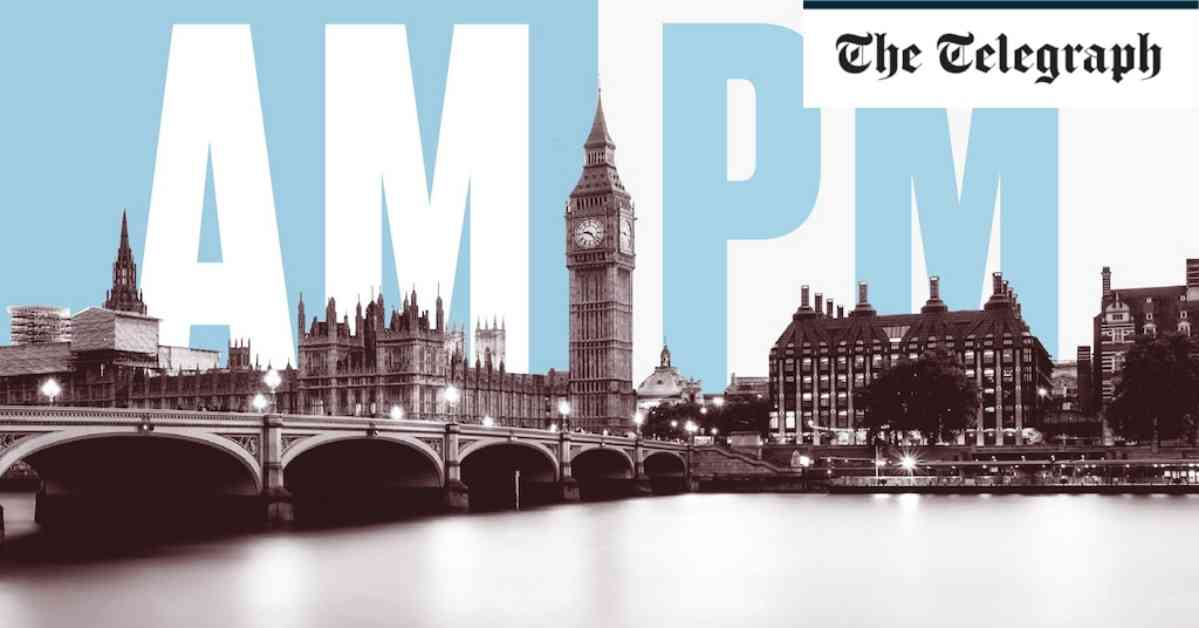Title: Reevaluating the Response to the Covid-19 Pandemic: Insights from Chris Whitty
Prof Sir Chris Whitty, the Chief Medical Officer, recently acknowledged that the initial public perception of the Covid-19 threat may have been overstated by the Government at the onset of the pandemic. This admission sheds light on the delicate balance faced by authorities when implementing crucial measures such as lockdowns and shielding protocols. As the investigation into the handling of the pandemic continues, Sir Chris expressed concerns about whether the level of concern communicated to the public was accurately calibrated.
Revisiting the Early Days of the Pandemic
Sir Chris Whitty’s reflections on the early stages of the pandemic highlight the challenges faced by policymakers in navigating the unprecedented crisis. The decision-making process surrounding the implementation of stringent measures aimed at curbing the spread of the virus was fraught with uncertainty and the need to err on the side of caution. While acknowledging the importance of prioritizing public health and safety, Sir Chris’s remarks underscore the complexities involved in effectively communicating the risks posed by Covid-19.
The Role of Communication in Crisis Management
Effective communication during a public health crisis is paramount in shaping public perceptions and responses. The delicate balance between informing the public about the severity of the situation and avoiding panic requires a nuanced approach. As Sir Chris Whitty’s reflections indicate, there is a fine line between conveying the gravity of the threat and potentially causing undue alarm. Moving forward, lessons learned from the initial response to the pandemic can inform future crisis management strategies and communication efforts.
Navigating Uncertainty in Crisis Response
The evolving nature of the Covid-19 pandemic presented a unique set of challenges for policymakers and healthcare professionals worldwide. The rapid spread of the virus, coupled with limited knowledge about its transmission and impact, necessitated swift and decisive action. However, as Sir Chris Whitty’s remarks suggest, the retrospective analysis of the pandemic response can provide valuable insights into areas where adjustments may be needed to enhance preparedness for future crises.
In conclusion, Sir Chris Whitty’s reflections on the initial response to the Covid-19 pandemic offer a glimpse into the complexities of crisis management and communication during a public health emergency. As the investigation into the pandemic response continues, the lessons learned from this unprecedented crisis can inform future strategies for addressing similar challenges. By reevaluating the decisions made at the onset of the pandemic, authorities can refine their approaches to crisis management and communication, ultimately improving their ability to safeguard public health and safety.












